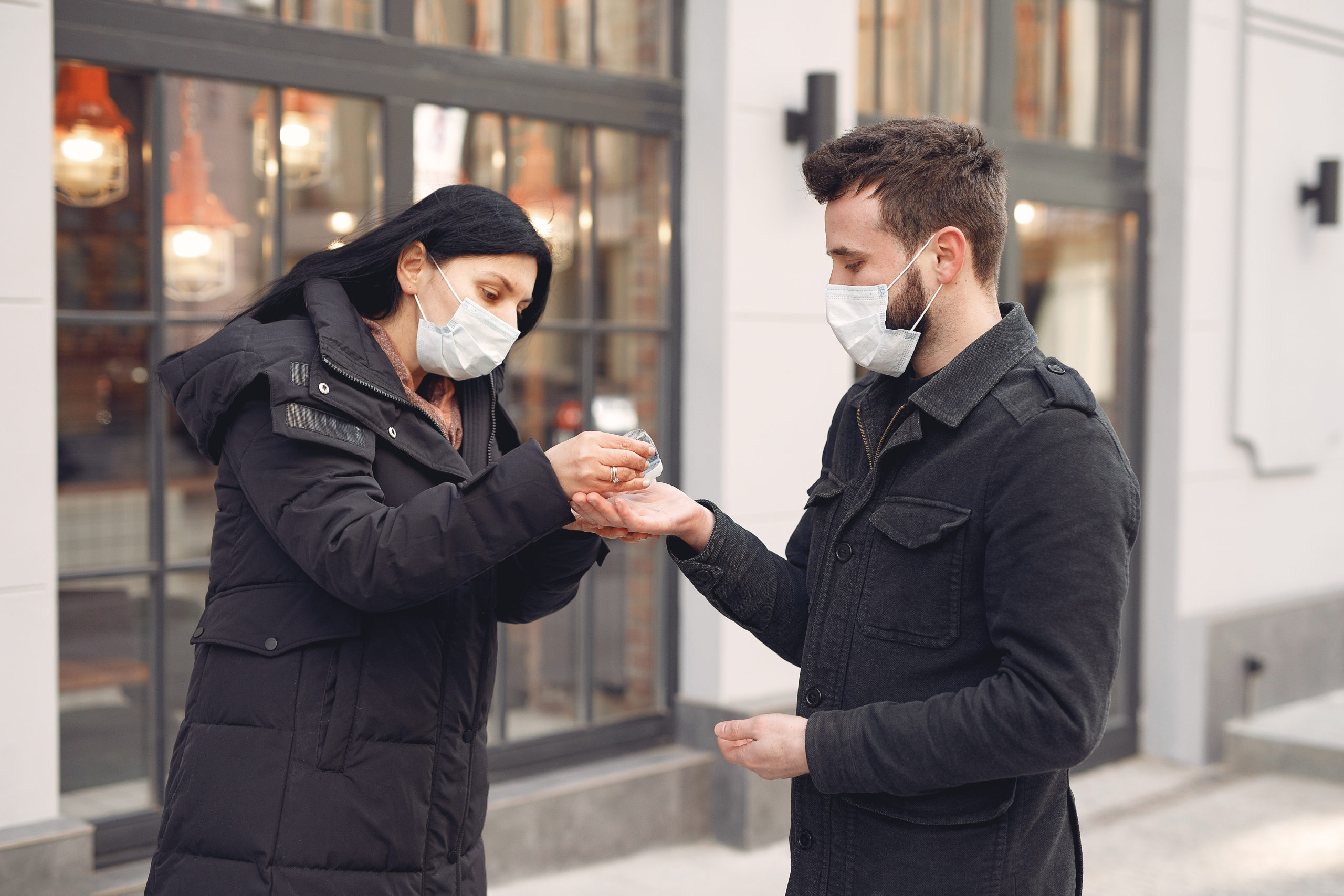
15 Apr What Happens When Employers Violate Shelter-in-Place Orders?
What Happens When Employers Violate Shelter-in-Place Orders?
Throughout various states, many businesses have closed down to the public, and only essential businesses are staying open. During the time of this pandemic, it’s important for employers to know which rules to follow in regards to the stay at home orders. Read this blog post to learn more.
In many states, only essential businesses can stay open to the public and only critical staff can remain at the worksite during the coronavirus pandemic. So what happens when employers ignore the rules? In some jurisdictions, employers can face civil or criminal penalties.
Officials in some states, including California, Georgia and New York, are asking people to report businesses that are violating shelter-in-place orders.
“Each and every one of us is called to work together and cooperate with emergency responders and public officials who are working hard to keep all New Yorkers safe,” said New York Attorney General Letitia James.
We’ve rounded up articles and resources from SHRM Online and other trusted media outlets on shelter-in-place orders.
What Is an Essential Business?
To help combat the spread of COVID-19, the respiratory disease caused by the coronavirus, many state and local governments are issuing stay-at-home or shelter-in-place orders that only permit “essential” businesses to remain open. The distinction between “essential” and “nonessential” businesses isn’t the same in each location, so employers need to review the specific orders that apply to their operations. Generally, essential businesses include health care, first responders, food production and delivery, medical supply, public utilities, communications and information technology, grocery stores, and gas stations. Nonessential businesses typically must allow employees to work remotely, close for a period of time or reduce their operations to certain activities that are necessary to preserve the business.
State and Local Coronavirus Decrees Raise Questions
Gray areas in state orders call for careful introspection and decision-making by businesses. Should they find a way to stay open to pay workers and maintain customers, or close for a less tangible public good—helping to prevent the spread of COVID-19? “Those are extremely difficult decisions to make and not the sort of thing most HR professionals were having to deal with five months ago,” said Jackie Ford, a partner at Vorys, a labor and employment law firm in Houston, which issued its own citywide shelter-in-place rules on March 24. “It’s a whole new skill set.”
Civil and Criminal Penalties May Apply
Employers must follow shelter-in-place orders or they could face civil or criminal penalties. In Michigan, for example, violating the state’s order is a criminal misdemeanor and businesses that don’t comply can be fined and possibly shut down.
States with Shelter-in-Place Orders
Many state and local governments are implementing strict measures, but the duration of the orders vary. For instance, Alabama’s order is in place until April 30, Virginia’s expires June 10 and California’s is effective until further notice. Here’s a chart that shows which states have ordered nonessential businesses to close and where public officials have encouraged or mandated residents to stay at home.
Michigan Extends Retaliation Protections Amid COVID-19 Outbreak
Some states are also addressing coronavirus-related issues in their antiretaliation rules. For instance, on April 3, Michigan Gov. Gretchen Whitmer issued an executive order prohibiting employers from discharging, disciplining or otherwise retaliating against an employee for staying home from work because the employee tests positive for COVID-19, displays principal symptoms of COVID-19, or has had close contact with an individual who has tested positive or has symptoms.
Showing Compassion May Minimize Risk of Employee Claims
Care, show compassion, connect, communicate and be flexible—these are COVID-19’s HR lessons. Johnny C. Taylor, Jr., SHRM-SCP, president and CEO of SHRM, summed things up as follows: “Every workplace operates under a set of guiding principles, whether overtly expressed or more subtly embedded in the culture. This is the moment to examine the principles that define you as an employer and a corporate citizen, and ensure they are ones you want to uphold and are prepared to live. Employees will rest easier knowing that you are operating under a strong value system that doesn’t waver in good times or bad.”
SOURCE: Nagele-Piazza, L. (13 April 2020 “What Happens When Employers Violate Shelter-in-Place Orders?” (Web Blog Post). Retrieved from https://www.shrm.org/resourcesandtools/legal-and-compliance/state-and-local-updates/pages/when-employers-violate-shelter-in-place-orders.aspx






